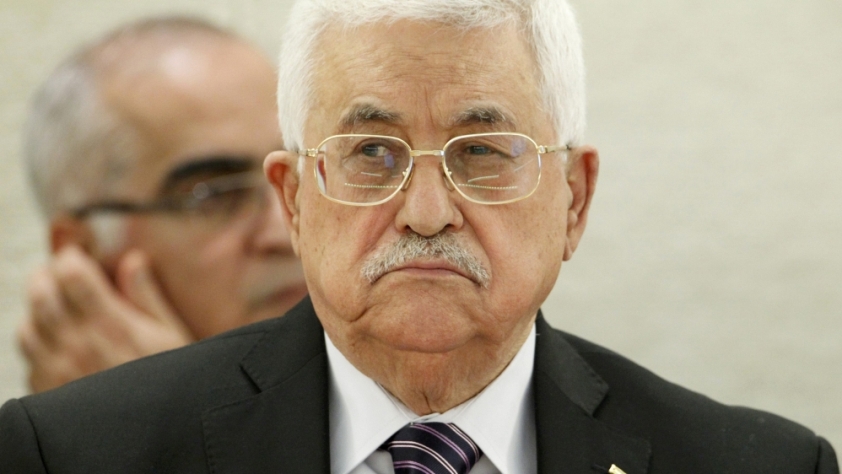Alwaght- On Tuesday last week, the Palestinian Fatah party held its seventh General Conference in Ramallah, West Bank, re-electing Mahmoud Abbas as the leader of his party.
In the conference that gathered together nearly 1,400 persons from all of Fatah’s administrative body both in West Bank, the bastion of Fatah, and in Gaza Strip, Mahmoud Abbas addressed the attendees, saying that the seventh Fatah General Conference is organized to pave the way for a stronger and firmer period as the party moves in its way ahead. Fatah’s leader continued that the party still insists on its primary principles which see Palestine as alone “bigger than anything, before anything, and better than anything.”
He asserted that Fatah party never retreated from its principles, identity, and independent decisions, and it will not. He added that holding the General Conference for the second time in the past seven years indicates that Fatah showed commitment to organizing its General Conference and guarding the democratic process even in the toughest times. He maintained that Fatah party is a representative of all classes of the Palestinian nation.
But the fact is that regardless of what camps of Fatah party took part in the seventh conference or what were the outcomes of the meetings of this conference, or what persons were picked for what posts, it can be suggested that the very arrangement and holding of the conference and participation of figures from Hamas and Islamic Jihad Movement in the opening session was a considerable achievement for Mahmoud Abbas who beside being leader of Fatah is president of the Palestinian Authority. It can even be said that he is the sole winner of the challenge of holding or not holding the seventh General Conference that appeared inside body of the party before arranging the event.
With this in mind, success of Abbas in organizing the conference that he sees as a launching pad for strengthening his party can spur him to follow an array of steps in connection with the Palestinian cause, including:
1. He could step forward to reconnect with the quadripartite committee on Palestine that includes Saudi Arabia, the UAE, Jordan, and Egypt to emphasize to the committee members that he is the powerful representative of Fatah and has managed to— forever— close the road of influence of his rival Mohammed Dahlan and his league of trusted forces inside Fatah and also inside the Palestinian Authority.
2. He can also affect conditions and positions of the Palestinian groups in Gaza and West Bank with reliance to the results of the recent conference.
3. Abbas is likely to hold meetings with Hamas leaders to discuss reconciliation with the movement and then give it a media promotion. The meetings, however, are expected to yield no results, and only aim at telling both the Palestinian society and the world that he did all he could do to make unity between the Palestinian groups but his efforts met with failure.
4. Another step the Fatah’s leader can take is to highlight his legitimacy and solidify power of his camp in Fatah party. To this end, it is likely that he will call for an emergency meeting of the Palestinian National Council in Ramallah to renew it, disregarding the other Palestinian groups' demands for obtaining national Palestinian unity before going to form a new National Council.
5. And finally, Abbas is expected to move towards closer ties with the Israeli Prime Minister Benjamin Netanyahu after he received generous Israeli support to arrange Fatah’s seventh General Conference, and even ask the Israeli PM to resume unconditional negotiations between the Israeli regime and the Palestinian Authority.



























